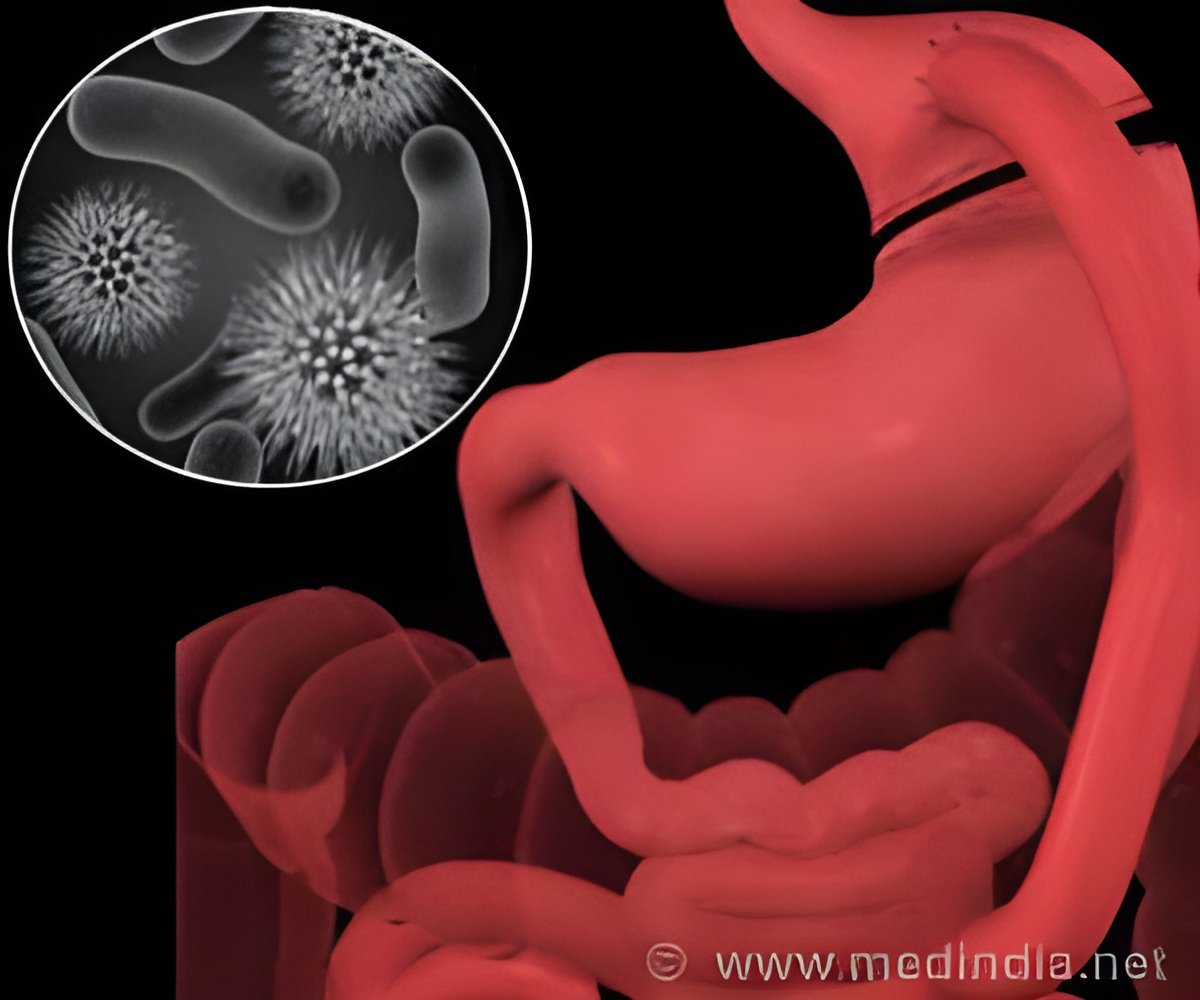Human behavior over the past 2000 years has impacted the gut microbiome. Understanding the ancestral microbes, can improve our health.

‘The human microbiome is composed of microbes, as well as their genes and genomes, that live in and on the human body.’





Warinner and colleague, Cecil M. Lewis, Jr., co-direct OU’s Laboratories of Molecular Anthropology and Microbiome Research and the research focused on reconstructing the ancestral human oral and gut microbiome, addressing questions concerning how the relationship between humans and microbes has changed through time and how our microbiomes influence health and disease in diverse populations, both today and in the past. Warinner and Lewis are leaders in the field of paleogenomics, and the OU laboratories house the largest ancient DNA laboratory in the United States. Source-Eurekalert










